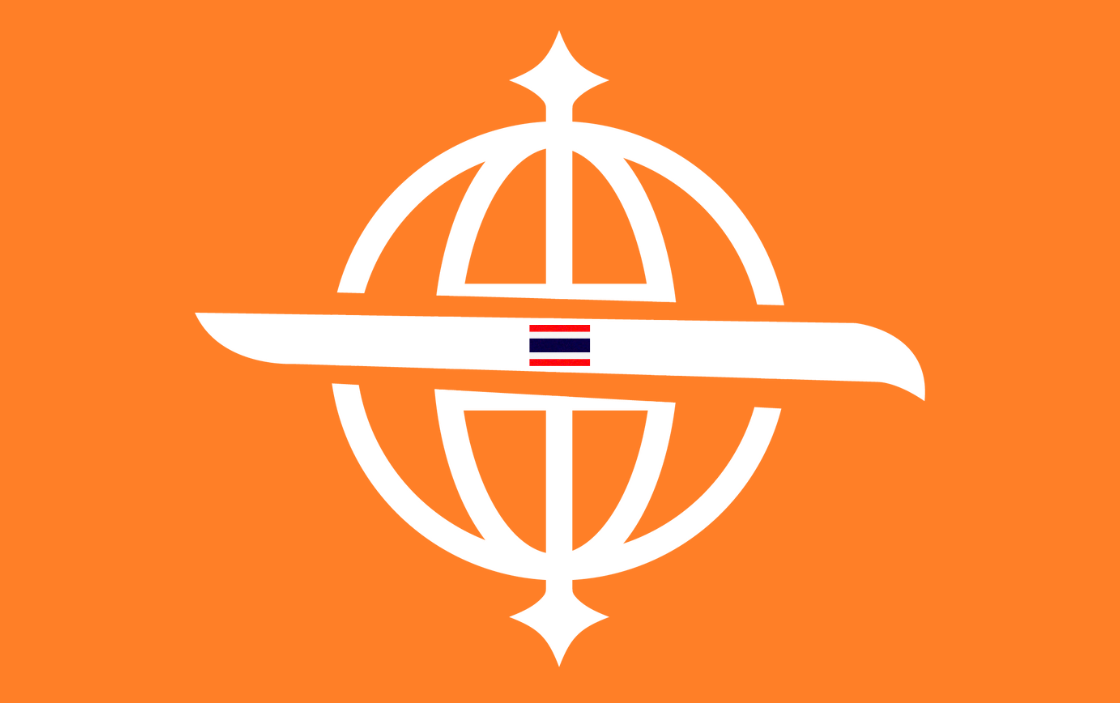Recent Changes in Long-Term Visas in Thailand: New Options for Foreigners Looking to Stay in Thailand
Published: May 10, 2025
Over the past year, Thailand has implemented several changes to its long-term visa policies to attract foreigners looking to stay in Thailand for extended periods, whether they are retirees, investors, highly skilled professionals, or digital nomads. This article explains the significant changes and new options for long-term visas in Thailand.
Long-Term Resident Visa (LTR): A New Option for High-Potential Individuals
The LTR visa is a new visa category designed to attract high-potential foreigners for long-term stays in Thailand, offering several notable benefits:
- 10-year stay: Renewable
- Work rights in Thailand: No separate work permit required
- 90-day reporting: Can be completed online
- Personal income tax reduction: For certain categories
- No Thai employee requirement: For companies established by LTR visa holders
The LTR visa caters to four main groups:
- Highly-skilled professionals: With a personal income of at least USD 80,000 per year over the past two years
- Wealthy retirees: Aged 50+ with a personal income of at least USD 80,000 per year
- Work-from-Thailand professionals: With a personal income of at least USD 80,000 per year over the past two years
- Investors: With investments of at least USD 500,000 in Thailand
Digital Nomad Visa: Supporting Modern Work Lifestyles
Thailand has officially launched a Digital Nomad Visa to accommodate tourists who want to work remotely while staying in Thailand. The eligibility criteria include:
- Duration of stay: Up to 180 days, renewable
- Applicant requirements: Must be employed by a foreign company or be a freelancer with clients abroad
- Minimum income: USD 50,000 per year
- Insurance requirements: Must have health insurance coverage in Thailand with a value of at least USD 50,000
Improvements to the Elite Visa (Thailand Privilege Card)
The Elite Visa program, or Thailand Privilege Card, has undergone several improvements to increase value for members:
- New packages: Starting from 5 years up to 20 years
- Additional services: Fast track services at airports, limousine services, golf privileges, and more
- Business benefits: Assistance with government agencies
- Family addition: Spouses and children can apply for dependent visas
Changes in Retirement Visas
Retirement visas (Non-Immigrant O-A and O-X) have seen important requirement changes:
- Insurance requirements: Must have health insurance coverage in Thailand with a value of at least 3,000,000 Baht
- Reporting: 90-day reporting to Immigration is still required but can be done online
- Financial requirements: Either 800,000 Baht deposit in a Thai bank account or a monthly income of at least 65,000 Baht
Long-Term Visa Application Process
The general process for applying for a long-term visa in Thailand is as follows:
- Check eligibility: Determine if you meet the requirements for your desired visa type
- Prepare documents: Gather all necessary documents such as passport, financial proof, health insurance
- Submit application: Apply through a Thai embassy in your country or through designated agencies
- Enter Thailand: Once your visa is approved
- Register at Immigration: Within 90 days after entering the country
Conclusion
The changes in Thailand’s long-term visa policies are good news for foreigners looking to stay in Thailand for extended periods, whether for retirement, investment, work, or simply to experience living in Thailand. There are now more options to suit different needs and situations.
However, as regulations may change, we recommend consulting with a visa expert to get the latest information and advice tailored to your situation.
Need advice on long-term visas in Thailand? The expert team at Thai Visa Legal is ready to assist you. Contact us today for a free consultation!
Note: The information in this article is current as of the publication date. Visa regulations may change. Please consult with government authorities or a visa expert before proceeding.



One response
Hi, this is a comment.
To get started with moderating, editing, and deleting comments, please visit the Comments screen in the dashboard.
Commenter avatars come from Gravatar.